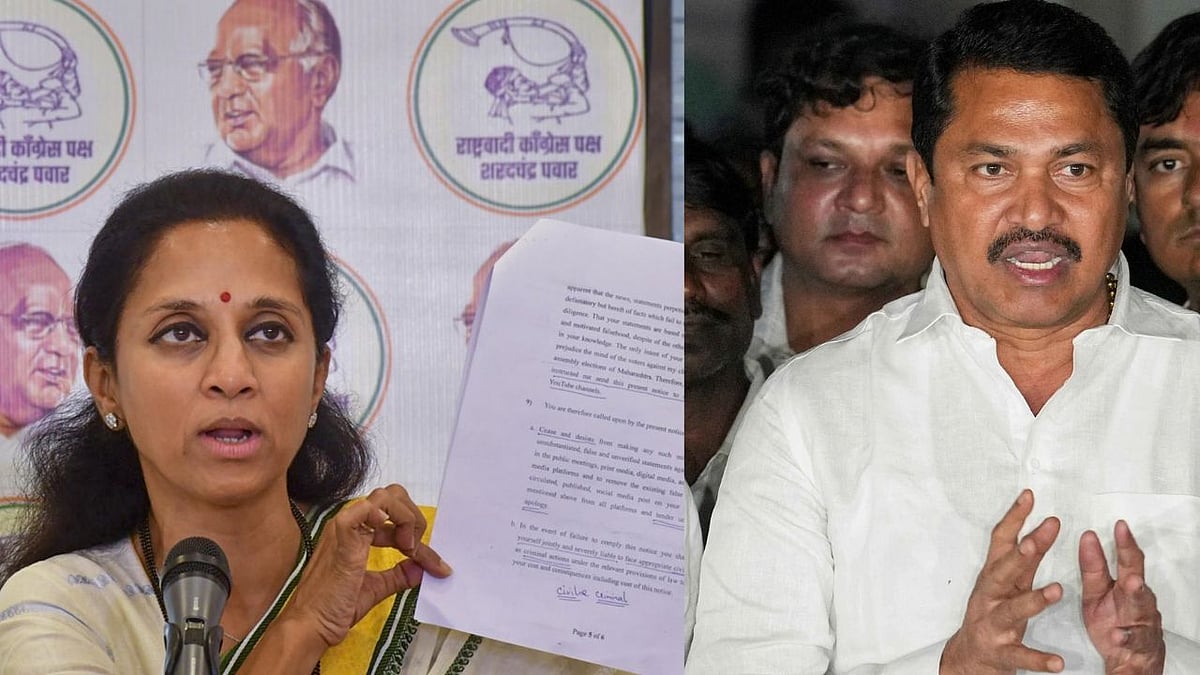After e-learning and digital classrooms, students studying at the Mira Bhayandar Municipal Corporation (MBMC) operated schools in the twin city may soon be able to experience the workings of virtual laboratories. MBMC's education department in association with the systems managing wing is in the initial stages of roping an agency to arm its computer labs with virtual reality (VR) headsets.
“Our aim is to make teaching more immersive and innovative, the initiative is expected to help reduce the drop-out rate often faced by municipal schools and encourage more enrolments,” said municipal commissioner Dhole.
“The VR headsets will help students to grasp theoretical concepts faster and better. Like if any teacher wants to talk about the functioning of the heart, they can show a virtual simulation of how a human heart pumps blood. We have asked an agency to incorporate some topics from the state board curriculum and show us a demo before we launch a pilot run of the project,” said systems manager Rajkumar Gharat.
From 10,500 students in 2019 to 6,429 students in 2021, the municipal-run schools registered a steep downward trend of more than 35% in the past three years, with a worrisome rise in the number of drop-outs every year. However, with consistent efforts like fine-tuning modalities to introduce new features like e-learning and digital classrooms at par with private institutions, the numbers rose to 8,025 from 7,248 this year. At present, the civic administration runs 36 municipal schools which impart primary and secondary education in Marathi, Urdu, Hindi, Gujarati and semi-English modes to students- mostly coming from poor economic backgrounds.
Extra Classes for Std IX Students
In order to bridge the gaps owing to the loss of school hours during the Covid-19 pandemic, the MBMC has decided to organise extra classes for standard IX students in municipal schools across the twin city. “Class IX are the basis for board exams next year so we want their foundation to be strong and revisions along with writing practice sessions are taken in these extra classes so that students don’t suffer in their crucial year,” said Dhole. Although online classes were held during the pandemic, those not privileged with digital access were severely impacted.








